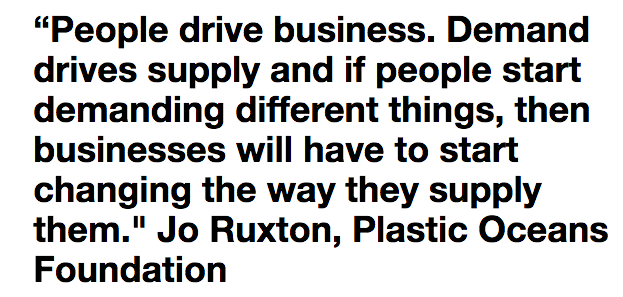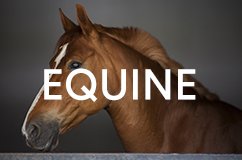

Brunel University
The science statistics are frightening. Complementary products, such as ours can not make scientific claims but we can help our animals as well as our planet.
We are proud to be the only supplement company who offer paper pouches and tinplate pails as standard across our entire range of 43 herbs and minerals — making us 99% single-use plastic-free.
The ethos behind bespoke being made for the individual horse or dog, by hand, in our own dedicated factory enables us to control every herb or mineral that even enters the facility for competition criteria, we wanted this legacy to continue into packaging. It is simply the right way to live, the best way to feel good about what you are doing, while gaining better results. Our war on plastic keeps driving changes that consumers love and are voting with their feet.
In the Indian Ocean, a pygmy blue whale calf moves through the sea. Swirling above this ocean giant, is an oily, plastic soup made up of microplastics: particles which were once plastic bags, bottles, and other waste packaging products, but which have since been broken down by the sun. This is the same plastic-polluted water the whale will swallow - 75,000 litres of it every time she opens her mouth for krill.
This was one of the scenes facing the UK makers of the film A Plastic Ocean. Now the foundation behind the film, Plastic Oceans, has teamed up with the researchers at Brunel University to release a new report outlining the science that underpins the documentary.
It says that nearly 300 million metric tons of plastic are produced globally each year - a figure which is the equivalent to the biomass of the planet’s entire adult human population. Of that volume, eight million metric tons enter the ocean directly from land-based sources and this, say, scientists, is set to increase vastly by 2025 due to a rising global population and expanding economic development.
There is clear evidence of ocean plastic pollution throughout the food chain and according to the new report, over 90% of all seabirds have swallowed some form of oceanic plastic waste. At the bottom of the food chain, plankton may be microscopic, but they are an important food source to larger marine animals, such as whales and fish. Plankton is now ingesting microplastic, which then moves up through the food chain, transferring from prey to larger and larger predators until it makes an inevitable appearance in the human food chain.
Waste plastics frequently present an environmental chemical hazard by leaching polluting chemicals into the surroundings where they have been ditched. According to the researchers at Brunel University, a secondary hazard is plastic’s property of absorbing other chemicals originating from industry and agriculture, which have also been dumped in the sea. The chemicals are often repelled by water, so once they find their way into plastic they can end up in a far more concentrated form. Plastic pellets found close to the coastline of Japan have shown levels of toxic substances which were up to a million times more concentrated than in the surrounding seawater.
Jo Ruxton, the film’s producer and UK executive director of the Plastic Oceans Foundation, says: “Now we know just how quickly plastic attracts other chemicals when it gets into the ocean, we would argue that plastics should be reclassified as hazardous in water.”
The plastic pellets used to produce plastic items are another source of serious concern: “At the moment, recycled plastic is more expensive than virgin plastic so a change in policy as simple as lowering the tax on recycled plastic pellets would make a significant difference to the problem,” she adds.
A Plastic Ocean is one tool in the fight against plastic pollution. In raising awareness, the filmmakers hope to create a wave of change among consumers, businesses, and governments. Its authors confirm the documentary and report will be shared with as many governments as possible, to change the minds of policy-makers and convince them of the very real and escalating risks to the ocean, the environment and even human health of the continued single-use plastic.
When Jo Ruxton first ventured out to witness plastic in the ocean, she expected to see ‘islands of rubbish.’ But the reality, she says, was far worse: “What I saw wasn’t what I had imagined - something where you could take a fleet of boats along, gather it all up and recycle it on the spot. The plastic is all mixed in with plankton, and there was just so much of it. We were trawling night and day. Every single trawl was just choked with plastic.”













